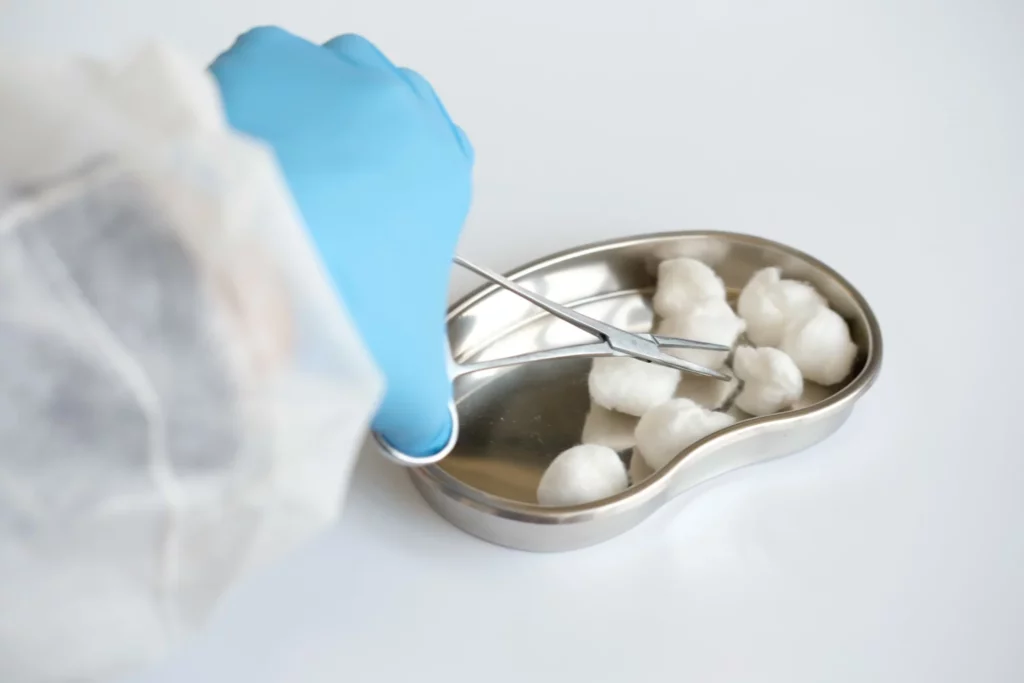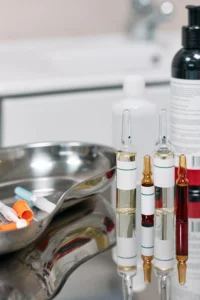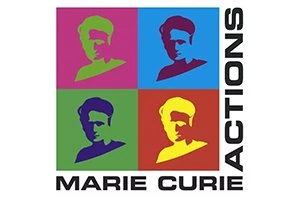Kidney damage detection on a microfluidic lab-on-a-chip: UriMoni
This project is completed now. If interested, feel free to contact us.
Kidney damage detection on a microfluidic lab-on-a-chip: introduction

Kidney damage causes an increased risk of mortality in patients, mainly because, unlike other organs, the ability of the kidneys to recover from injury is minimal.
The current ways to detect kidney damage lead, in most cases, to a late diagnosis, an underestimation of the severity of the damage, and delayed interventions.
The risk for the patients (in particular those needing intensive care), as well as the direct costs and indirect costs (arising from acute renal failure such as dialysis and kidney transplantation), would be drastically reduced by an early detection of this dysfunction.
Starting kidney damage impacts the acidity (pH) and the concentrations of several critical biomarkers in urine. Thus, this project aims to develop a microfluidic platform for continuous and simultaneous urine biomarkers (UriMoni) monitoring to prevent kidney damage.
In a previous project (IAG-4), partners have already collected an extensive database of typical values of critical biomarkers for assessing kidney function biomarkers in the urine of healthy and non-healthy patients. Additionally, they developed micro biosensors to measure some of those biomarkers in urine.
Within this new project, the partners aim to improve the prototype for several hours to continuously monitor the relevant biomarkers in urine. A microfluidic lab-on-a-chip integrating all the appropriate sensors and a portable microfluidic platform allowing bedside testing at the hospital will be developed to prevent kidney damage.
Prevention of kidney damage: project description
Urine will be continuously collected from the patient and injected in the lab-on-a-chip device for continuous monitoring.
The Microfluidics Innovation Center will be in charge of handling the urine flow to allow the analysis by first splitting the urine output to keep only a fraction of it, then filtering the sample to get rid of large and interfering molecules, and finally injecting it in the lab-on-a-chip microchamber for detection.
We will use, in particular, a set of valves to control the flow on demand and a bubble trap to preserve the microdevice from introducing air.

This project has received funding from the European Union, through the SNN (Samenwerkingswerband Noord-Nederland) in its OP EFRO call, under the grant agreement/ project nr: OPSNN 0242 (UriMoni).
Image credits: Médical vecteur créé par brgfx – fr.freepik.com, Femme vecteur créé par vectorpouch – fr.freepik.com

